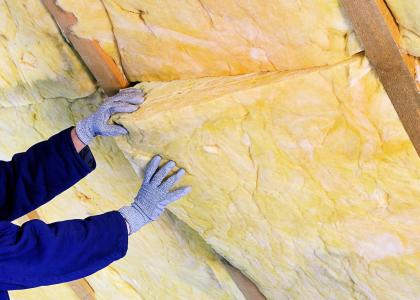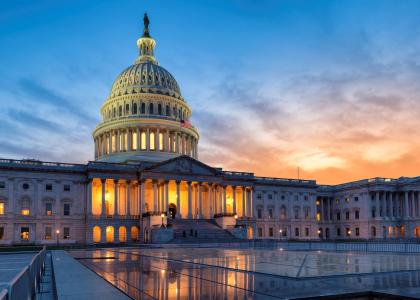The New York legislature last night passed a sweeping bill to slash climate-change emissions and save New Yorkers hundreds of millions of dollars annually on their utility bills by requiring appliances to be more energy efficient. The bill, the most expansive of any recently passed by a state, now goes to Governor Kathy Hochul for her signature.
The bill will apply to many common household products, including computers and televisions. It calls for the New York State Energy Research and Development Authority (NYSERDA) to update energy and water efficiency standards for 7 products already regulated by the state and to set new standards for another 30, including air purifiers, electric vehicle chargers, and restaurant equipment.
Potential new standards are estimated to save New Yorkers $800 million annually on utility bills by 2025, rising to $1.3 billion per year by 2030, according to a 2021 report prepared by NYSERDA and the New York Department of State. They are expected to cut greenhouse gas emissions by 1.2 million metric tons in 2025, equivalent to taking 370,000 cars off the road for a year.
The legislation, sponsored by Senator Kevin Parker and Assemblywoman Patricia Fahy, will also allow regulators to set energy codes for new houses and commercial buildings that exceed national model codes. When assessing whether a building code is cost-effective, regulators would consider lifetime building energy savings, rather than looking only at a 10-year window, as is currently the case.
New York will be one of three states, along with California and Connecticut, to give a state agency broad regulatory authority to ensure appliance standards keep pace with technological advancements. In addition to directing NYSERDA to consider standards for a long list of specific products, the bill empowers the agency to establish new efficiency standards and promulgate regulations, including for products not listed.
The California Energy Commission has used its authority to issue nation-leading standards, and NYSERDA could do the same for New York with this new bill.
The bill directs NYSERDA to consider energy reduction, water conservation, greenhouse gas reductions, and increased demand flexibility when setting appliance standards. Demand flexibility requirements could ensure that water heaters, for example, come factory-equipped with technology enabling consumers to participate in programs to preheat water when electricity is cheapest, such as at night.
In just the past few years, 13 states plus the District of Columbia have adopted new appliance efficiency standards, including Maine, Massachusetts, New Jersey, Rhode Island, and Vermont in the Northeast.



